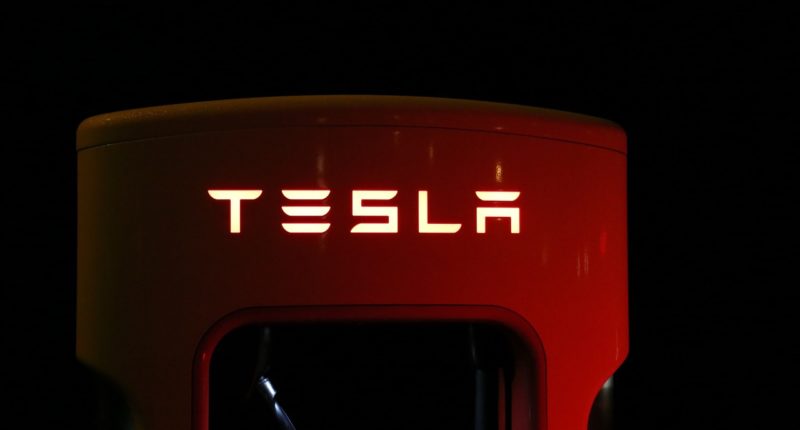Tesla, the Elon Musk headed electric vehicle (EV) manufacturer, has once again initiated sweeping price reductions across its product lineup in response to sluggish sales and mounting inventory levels.
Over the weekend, Tesla announced substantial price reductions for its vehicles across key markets like China, the US, and Europe. This strategy follows disappointing first-quarter sales figures and a year-over-year decline in global vehicle deliveries – the first such decline in nearly four years. The company’s price adjustments encompassed popular models such as the Model 3, Model Y, Model X, and Model S vehicles. In the US, the starting prices of its Model X, Model Y and Model S were slashed by $2,000, while in China, the prices for all of its models on sale there were dropped for 14,000 yuan.
In tandem with price cuts, Tesla also slashed the cost of its Full Self-Driving (FSD) software by one-third in the US, now priced at $8,000. The price cut could be a strategic attempt to entice more customers to purchase the software, potentially creating a future revenue stream for Tesla if and when FSD technology matures into a truly viable option. This comes after the company decided to roll out new versions of FSD software. The software, despite its name, currently requires active driver supervision and falls short of true autonomous driving functionality. This could be a way to manage customer expectations while the technology continues to develop.
For its part, Tesla is facing a fierce competitive battleground in China, the world’s largest auto market. Domestic EV manufacturers like BYD and Nio are offering more affordable electric vehicles, tailored to the specific needs and preferences of Chinese consumers. Tesla’s price cuts in China are a direct response to this intensifying competition. Recent company pronouncements paint a picture of an organization grappling with declining sales, intensifying competition, and internal restructuring.
Tesla’s recent news cycle has also been marked by significant internal restructuring. Earlier, the US-based EV automaker announced a 10% workforce reduction and the departure of key executives. This internal churn, coupled with Musk postponing a planned visit to India to address “heavy Tesla obligations,” paints a picture of a company grappling with several challenges at the same time. The company even had to recall nearly 4000 of its Cybertrucks after an “unapproved lubricant” was used on the Cybertruck’s accelerator pad.





